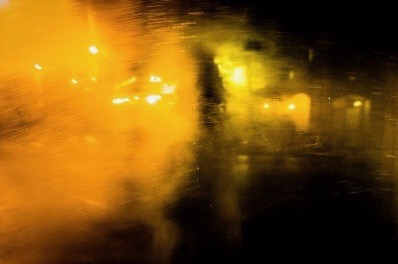Guy Debord was the avant-garde’s Christ. Guy Debord was the avant-garde’s Christ. He was immolated by his own ideology, which he more than anyone (Tzara, Duchamp, Artaud, the Viennese Actionists…) had pushed to its extremes. He covered all of its possibilities, all of its impasses. His extreme attempts were neither successes, nor failures. Today, his path should be evaluated through other methods: the ones left to us in the wake of the avant-garde’s disappearance. To put it as Reiner Schürmann does: truth is a “conflictuality without agreements.” It is within Debord’s insurmountable contradictions, whose political, aesthetic, and existential preoccupations were…
Tag: Giorgio Agamben
UNE INSULTE À LA REPUBLIQUE: AIMÉ CÉSAIRE AND FRIEDRICH HÖLDERLIN …
UNE INSULTE À LA RÉPUBLIQUE: AIMÉ CÉSAIRE AND FRIEDRICH HÖLDERLIN DECLARE THE FRENCH REVOLUTION A TRAGEDY, VOW TO SUPPORT #GILETSJAUNES MOVEMENT INSTEAD | by H. Bolin I. Introduction The study that follows concerns two tragic plays that treat the emergence and aftermath of a single global revolutionary horizon which included both the French and the Haitian revolutions. As the tragic genre suggests, Friedrich Hölderlin’s The Death of Empedocles (1799) and Aime Césaire’s And the Dogs Were Silent (1956) stage reflections on the initial successes and subsequent defeat of their respective revolutionary moments. What can tragedy or art offer to thinking…
Tiqqun | This Is Not a Program
“’77 wasn’t like ’68. ’68 was anti-establishment, ’77 was radically alternative. This is why the ‘official’ version portrays ’68 as good and ’77 as bad; in fact, ’68 was co-opted whereas ’77 was annihilated. This is why, unlike ’68, ’77 could never make for an easy object of celebration.”
— Nanni Balestrini, Primo Moroni, L’orda d’oro



